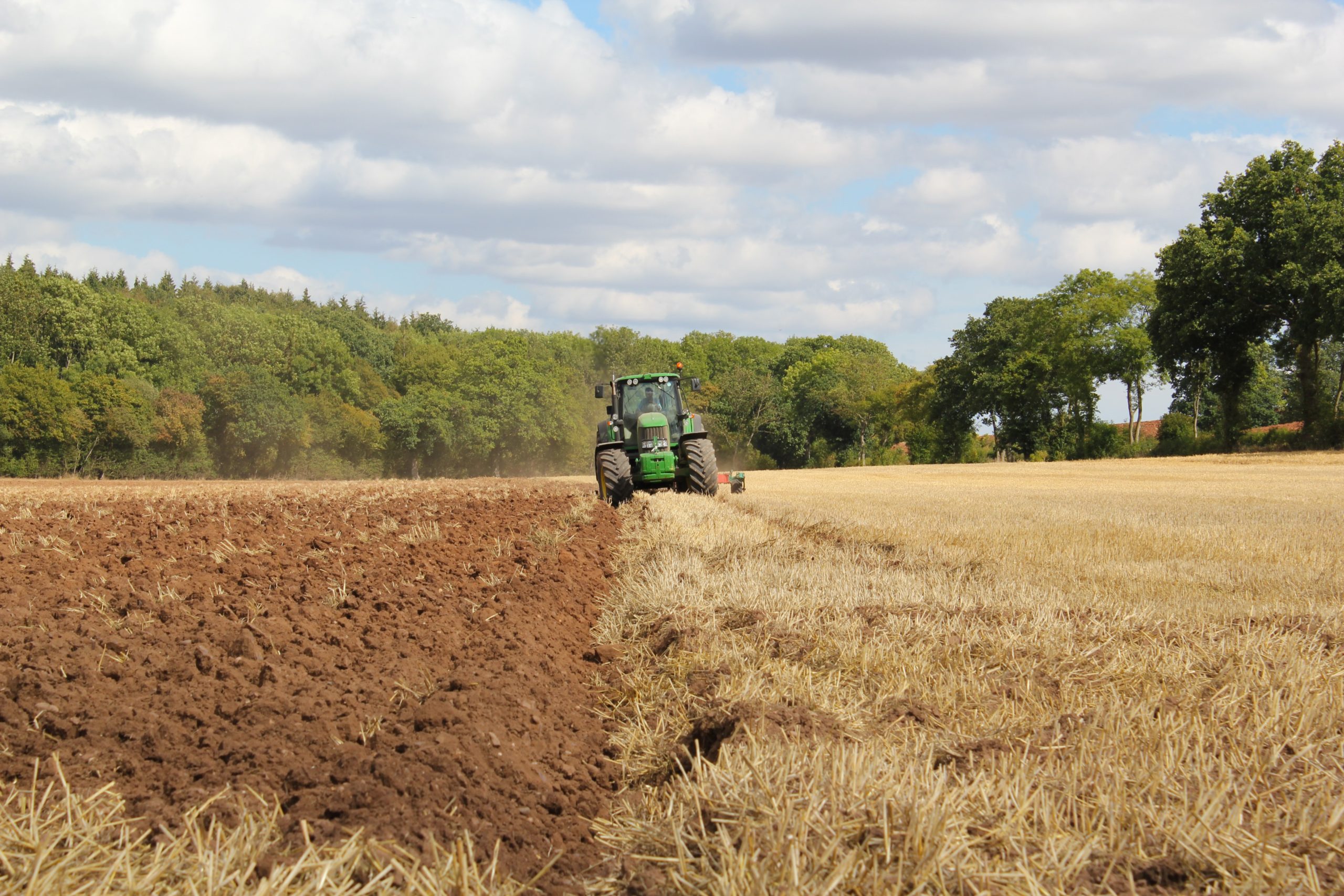EPA highlights the environmental impacts of the Irish agri-food industry

The Environmental Protection Agency has warned that the reputation of Ireland as a leading food producer with a minimal environmental footprint is at risk of being irreversibly impacted by the continued development in the agri-food industry.
In a detailed assessment of the existing environmental sustainability of agricultural practices, the EPA highlighted that the continued economic development in the agri-food industry is happening at the expense of the environment, with continued patterns impacting emissions, water quality and biodiversity.
The EPA was recently invited by the Oireachtas Committee on Environment and Climate Change to discuss how Ireland can achieve its 2030 emission goals. Sharon Finegan, director of EPA opened the meeting emphasising that the existing trends suggest possible irreparable damage to the reputation of Ireland as a green food producer. Finegan explained that following current patterns are not possible, but instead, new measures need to focus on efficiency and emission reductions by eliminating the connection between livestock numbers, the use of fertiliser and the continued deterioration of water quality.
Agriculture is currently responsible for about a third of greenhouse gas emissions in Ireland and accounts for over 99% of national ammonia emissions. The industry has also been noted as a major contributor to water resources in Ireland.
The EPA published a report that suggested Ireland could reach its EU 2030 target if all measures within the 2019 action plan were followed. This would create a 2% annual reduction in emissions, or the equivalent of a 24% decline between 2018 and 2030.
The EPA stated that following the 2019 plan will mean adding a million electric vehicles onto the road, increasing renewable energy capacity to 70%, installing over 600,000 heat pumps and retrofitting nearly 500,000 properties. Within the agriculture industry, there would be further requirements to enhance fertilisers, feed, pasture and slurry spreading. Meeting the 2030 targets would result in a 47% decline in emissions within the residential sector, a 25% decrease in energy, 13% in transport and 11% in agriculture respectively.
Methane produced from animals accounts for over 65% of emissions in agriculture. The latest report includes warnings that actions need to happen quickly to control methane emissions. It also highlights that the data must be accountable and verifiable.